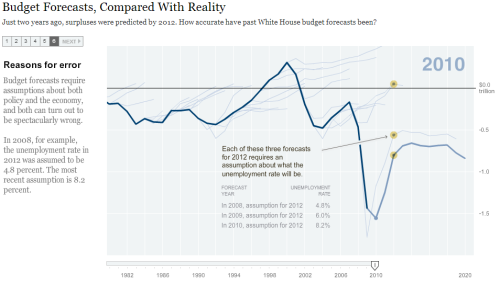Curation is a relatively new term in journalism, but the practice is as old as journalism itself. Every act of journalism is an act of curation: think of how a news report or feature selects and combines elements from a range of sources (first hand sources, background facts, first or second hand colour). Not only that: every act of publishing is, too: selecting and combining different types of content to ensure a news or content ‘mix’.
Amazon’s Jeff Bezos’ in his talk to employees at the Washington Post said: “People will buy a package … they will not pay for a story.” Previously that package was limited to what your staff produced, and wire copy. But as more content becomes digitised, it is possible to combine more content from a wider variety of sources in a range of media – and on any one of a number of platforms.
Curation is nothing new – but it is becoming harder.
Choosing the tools
I’ve identified at least three distinct types of curation (you may think of more):
- Curation as distribution or relay: this is curation at the platform level: think of Twitter accounts that relay the most useful links and tweets from elsewhere. Or Tumblr blogs that pass on the best images, video and quotes. Or UsVsTh3m.
- Curation as aggregation or combination: seen in linkblogging and news roundups, or galleries, or news aggregators (even creating an algorithm or filter is a journalistic act of selection).
- Curation as filter or distillation: this often comes in the form of the list: Buzzfeed is a master of these, distilling conversations from Reddit and complementing them with images.
There are also a number of ways in which the journalist adds value (again, you may think of more):
- Through illustrating (as Buzzfeed, above, does with images to liven up highlights from a text discussion)
- Through contextualising
- Through verification
- Through following up
As a journalist operating online, you are both reporter and publisher, able to curate content both at the article level and that of ‘publication’ – whether that’s a Twitter stream, a Tumblr blog, or a Flipboard magazine. Here are some suggestions for tools and techniques:
Continue reading




